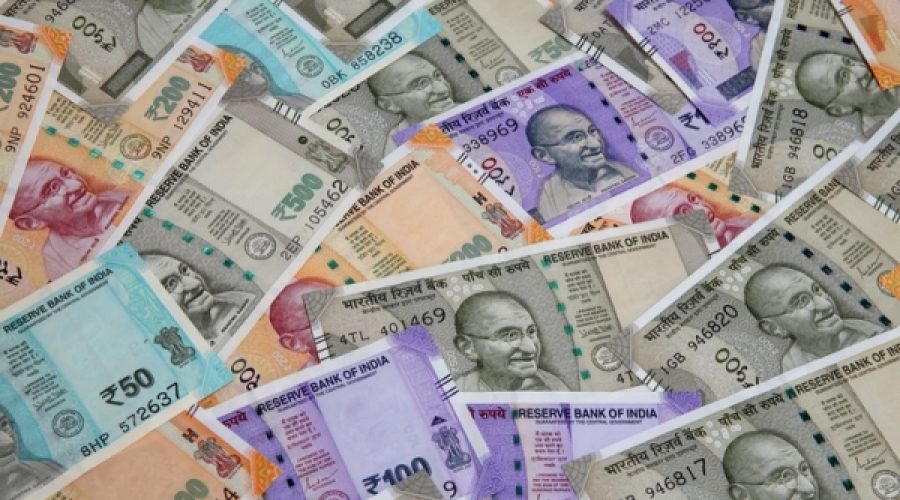Omani Rial Surges Against Indian Rupee: Implications for Trade and Investment in Oman
Muscat: The Omani Rial has experienced a notable appreciation against the Indian Rupee, creating a favorable remittance opportunity for Indian expatriates living in the Sultanate. This surge was prompted by U.S. President Donald Trump’s unexpected announcement of a 25% tariff on Indian exports, causing the rupee to fall to a five-month low and pushing the exchange rate beyond ₹227 per Omani Rial, a rate not observed since February.
As of around 11 a.m. today, Bank Muscat reported an exchange rate of ₹226.398, while private exchange houses offered rates up to ₹226.70. Currency platform xe.com indicated values approaching ₹227.68, highlighting significant market volatility. Analysts anticipate that the Reserve Bank of India (RBI) may intervene to stabilize the rupee if it nears its historical low of ₹87.95 against the U.S. dollar.
Many Indian expatriates in Oman, particularly those receiving their salaries at the end of the month, are eagerly capitalizing on this opportunity. Santhosh Kumar, a Keralite employed in the car parts industry, expressed enthusiasm: “I’ve been saving up for this moment. With my salary just in, I’m sending the money today itself. This is the best rate we’ve seen in months.” The rupee’s depreciation translates to higher remittance amounts for expats, alleviating financial pressures amid escalating living costs in India.
In correspondence with customers, Nixon Baby, General Manager of Joyalukkas Exchange LLC, Oman, remarked: “The Indian Rupee has recently shown a weakening trend. With the current exchange rate favoring the Omani Rial, now is a prudent time to consider sending money back home, as remittances can achieve higher value in India.” He noted that while the rupee may remain volatile in the short term, analysts expect this phase to be temporary, emphasizing the importance of timing remittances during such declines to maximize value.
The rupee’s drop today was significant, opening at ₹87.69 per dollar before slipping to ₹87.74 and then partially recovering. Market expectations are that India’s central bank will intervene to curb further depreciation, albeit without a strict defense of a fixed exchange rate. The Indian equity markets reflected the prevailing anxiety, with the BSE Sensex declining by over 600 points and the Nifty50 dropping 189 points (0.76%), particularly affecting export-driven sectors such as IT, pharmaceuticals, textiles, and automotive. This pressure is compounded by substantial foreign capital outflows, with $425 million exiting Indian equities and $4.6 million leaving bonds on July 29. Meanwhile, U.S. Treasury yields rose to 4.36%, indicating a shift towards safer investments amid escalating trade tensions.
As New Delhi assesses the ramifications of Trump’s tariff decisions, analysts suggest that the current turmoil may lessen if a trade agreement can be reached between India and the U.S. Until then, uncertainty is likely to keep the rupee under pressure, which could continue to benefit Omani remitters in the short term.
For now, this fluctuation in currency values has provided a unique tactical advantage for Indian expatriates in Oman, many of whom are seizing this moment to enhance their remittances.
Special Analysis by Omanet | Navigate Oman’s Market
The recent surge of the Omani Rial against the Indian Rupee presents a significant opportunity for Indian expatriates to maximize their remittances, easing financial pressures back home amidst rising living costs. However, businesses in Oman must remain vigilant; the volatility of the rupee could pose risks, especially if the Indian central bank intervenes aggressively. Smart investors should consider leveraging this temporary window to strengthen ties with the expatriate community while keeping an eye on potential shifts in the exchange rate landscape.



